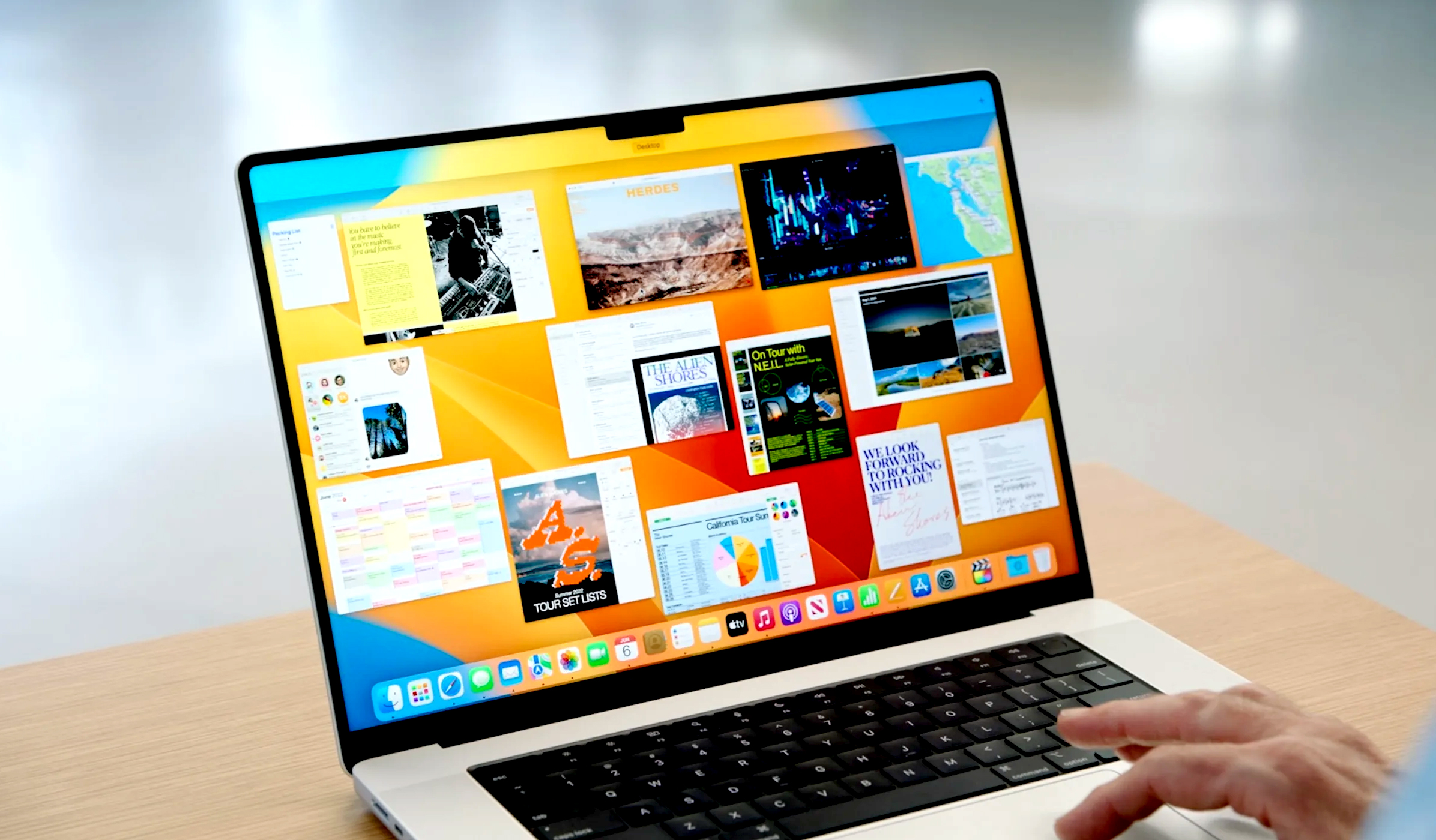At this year’s Worldwide Developers Conference, Apple introduced macOS 13 Ventura, making it available for beta testing by developers and the general public ahead of its formal release later this fall.
Stage Manager, a new multitasking tool, is one of many new additions to macOS Ventura, with a redesigned Mail app, improved Spotlight Search, a new authentication system called Passkeys, and Shared Tab Groups in Safari. The System Settings panels have also been updated in this version, and the Continuity Camera feature now makes it possible to utilize an iPhone as a webcam with a Mac.
You’re well aware of the upcoming updates to Macs in the form of macOS Ventura. You probably want to know if you’ll be able to upgrade to the newest version of macOS when it comes out.
However, not every Mac will be able to run Ventura. We should expect a little increase in the number of Macs that can’t upgrade to macOS this year.
The following are the minimal and recommended specifications for macOS 13 Ventura. Keep in mind that just because your Mac is compatible with Ventura doesn’t imply you’ll have access to all of its functionality. It’s possible that not all the new features will be compatible with the Macs that Ventura supports. The Monterey operating system required either the M1 chip or one of the more recent Intel-powered Macs in order to make use of a number of its capabilities, including Universal Control, Spatial Audio, and AirPlay to Mac.
The complete list of compatible Macs is as follows:
- 2017 iMac and later;
- 2017 iMac Pro and later;
- 2018 MacBook Air and later;
- 2017 MacBook Pro and later;
- 2019 Mac Pro and later;
- 2018 Mac mini and later;
- 2017 MacBook and later;
- 2022 Mac Studio
When Apple switched from the PowerPC architecture to the Intel architecture, the corporation discontinued support for all of its older computers after just two years. This is a crucial fact to keep in mind. Users will have at least one more year to take advantage of new features and software updates, even in the event that Apple makes the decision to discontinue all Intel-based Macs at once in 2023. This is because Apple has been transitioning away from Intel and toward its own silicon ever since the release of macOS 11 Big Sur.



